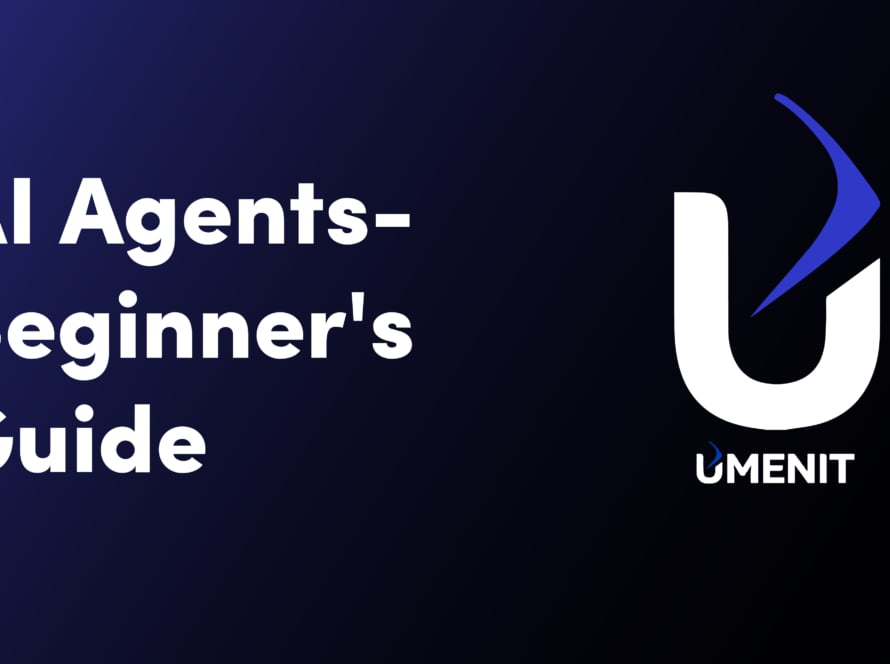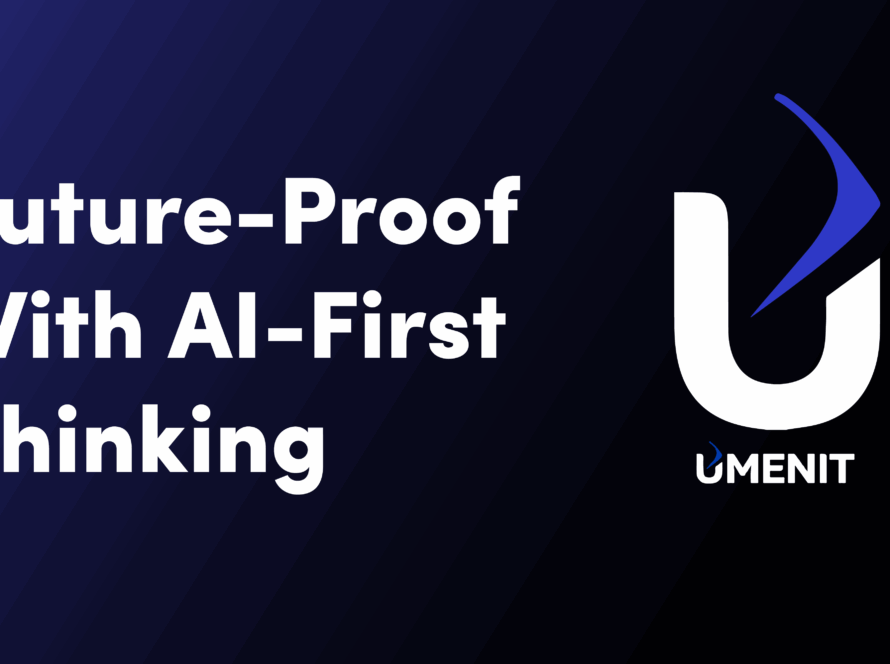In today’s digital age, personalization has become a cornerstone of exceptional user experience. With the advent of artificial intelligence (AI), businesses are now able to tailor their products and services to individual users with unprecedented precision. AI-powered personalization not only enhances user satisfaction but also drives engagement and loyalty. This article delves into how AI is transforming product personalization, the technologies involved, and the benefits it brings to both users and businesses.
The Role of AI in Personalization
AI leverages vast amounts of data to understand user preferences, behaviors, and patterns. By analyzing this data, AI can predict what users want and need, allowing businesses to offer highly personalized experiences. Here are some key ways AI is used in product personalization:
- User Data Analysis
- AI algorithms analyze user data from various sources such as browsing history, purchase behavior, and social media activity. This helps in creating detailed user profiles.
- Recommendation Systems
- AI-powered recommendation engines suggest products or content based on individual user preferences. Platforms like Netflix and Amazon are prime examples, offering personalized recommendations that keep users engaged.
- Dynamic Content Customization
- Websites and applications can dynamically adjust their content to suit individual users. For instance, news apps can prioritize stories based on a user’s reading history.
- Predictive Personalization
- AI can predict future user behavior and preferences, enabling proactive personalization. For example, a music streaming service can suggest new songs that align with a user’s evolving taste.
Technologies Driving AI-Powered Personalization
Several AI technologies contribute to effective product personalization:
- Machine Learning (ML): ML algorithms learn from user data to make accurate predictions and recommendations.
- Natural Language Processing (NLP): NLP helps in understanding and interpreting user language, improving interactions in chatbots and voice assistants.
- Deep Learning: Deep learning models analyze complex data patterns, enhancing the accuracy of personalization efforts.
- Collaborative Filtering: This technique identifies similarities between users and products to make recommendations based on collective preferences.
Benefits of AI-Powered Personalization
- Improved User Experience
- Personalized experiences make users feel valued and understood, leading to higher satisfaction and retention rates.
- Increased Engagement
- Tailored content and recommendations keep users engaged, encouraging them to spend more time on the platform.
- Higher Conversion Rates
- Personalized product suggestions increase the likelihood of purchases, boosting conversion rates and revenue.
- Customer Loyalty
- When users consistently receive relevant and personalized experiences, they are more likely to remain loyal to the brand.
- Enhanced Data Insights
- AI-powered personalization provides businesses with deeper insights into user preferences and behaviors, informing future product development and marketing strategies.
Case Studies of Successful AI-Powered Personalization
- Spotify
- Spotify uses AI to curate personalized playlists like “Discover Weekly,” which introduces users to new music based on their listening habits.
- Netflix
- Netflix’s recommendation engine analyzes user viewing history to suggest movies and TV shows, ensuring a continuous stream of content tailored to individual tastes.
- Amazon
- Amazon’s product recommendation system suggests items based on user browsing and purchase history, driving significant sales through personalized suggestions.
Challenges and Future Directions
While AI-powered personalization offers numerous benefits, it also presents challenges such as data privacy concerns and the need for large datasets. Businesses must ensure they handle user data responsibly and transparently.
Looking ahead, the future of AI-powered personalization lies in hyper-personalization, where AI will offer even more precise and real-time customization. As AI technologiescontinue to evolve, we can expect even more sophisticated and seamless personalized experiences.
Conclusion
AI-powered product personalization is revolutionizing the way businesses interact with their users. By leveraging AI to understand and anticipate user needs, companies can provide exceptional, tailored experiences that drive engagement, satisfaction, and loyalty. As AI technology advances, the potential for even more refined and impactful personalization will continue to grow, setting new standards for user experience in the digital age. For more informative articles click here.



